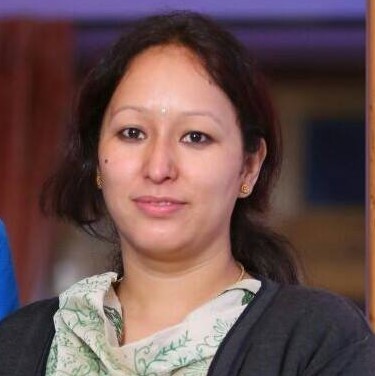Network programme on convergence of traditional knowledge system for sustainable development in Indian Himalayan Region
Traditional knowledge (TK), often defined as the cumulative body of wisdom, skills, practices, and representations maintained and developed by communities with long-standing interactions with their natural surroundings, constitutes an invaluable heritage that bridges cultural, ecological, and scientific domains. It has been nurtured over centuries through close observation of ecosystems, experimentation with natural resources, and intergenerational transfer of experiences, making it highly adaptive to local environments and resilient under conditions where modern science often struggles to find cost-effective and sustainable solutions. However, this treasure trove of indigenous wisdom is under severe threat in the contemporary world due to a rapidly changing natural environment, accelerated processes of urbanization, widespread encroachment of technology, declining awareness among the younger generations, and barriers created by the erosion of traditional languages and dialects. The risk of extinction of TK is particularly grave because its loss not only diminishes cultural identity but also deprives humanity of strategies that could contribute significantly to biodiversity conservation, climate adaptation, sustainable land use, and affordable healthcare.
With modernization advancing at a relentless pace, much of this knowledge has either been abandoned or modified to fit modern lifestyles, leaving only fragments of it alive among the older members of rural and tribal societies. In most cases, only a few elders continue to practice indigenous traditions, whether in health, agriculture, natural resource management, or craftsmanship, and they often do so without successors, meaning that once this generation passes, their knowledge could vanish as well. This situation calls urgently for the systematic documentation and safeguarding of traditional knowledge, not only as a matter of cultural preservation but also as a means of honoring the contributions of traditional knowledge holders, validating their expertise, and ensuring that these time-tested practices can inspire or complement modern technological innovations.
Responding to this need, under the National Mission for Sustaining the Himalayan Ecosystem (NMSHE) Task Force 5 on Traditional Knowledge System, an initiative was undertaken to document the traditional knowledge of three key districts of Himachal Pradesh; Kullu, Mandi, and Lahaul-Spitifocusing on four major thematic areas: bioresources, land and soil management, bioprospecting, and water resources. The effort encompassed 12 distinct communities inhabiting these regions, each with its unique repertoire of practices, use patterns, and belief systems rooted in centuries of coexistence with fragile mountain ecosystems. The project sought to capture the fine details of how communities utilize wild and cultivated bioresources for food, medicine, and livelihood; the indigenous methods of soil enrichment and conservation that ensure agricultural productivity in difficult terrains; the bioprospecting knowledge relating to medicinal plants, wild edibles, and other natural products with potential industrial and nutraceutical applications; and the ingenious ways of harnessing, storing, and distributing water resources in high-altitude, water-scarce environments.
Through systematic documentation involving community interactions, interviews with elders, and field observations, the project created a repository of practices that not only showcases the depth of indigenous wisdom but also highlights its continued relevance. This documentation revealed that the knowledge systems are intricately woven into local cultural and spiritual life, demonstrating that resource management was never separated from community values and ethics. By documenting the use patterns of 12 communities across the three districts, the initiative has preserved a valuable database that can inform contemporary policies and scientific research while simultaneously strengthening the identity and pride of local people in their traditions. The outputs also underline the urgent need to integrate TK into formal conservation and development frameworks to ensure its continuity and to provide mechanisms for benefit-sharing with the knowledge holders. At its core, this exercise demonstrates that traditional knowledge is not a relic of the past but a living, dynamic resource that, if nurtured, can provide innovative solutions for modern sustainability challenges while empowering the communities that have safeguarded it for centuries.





